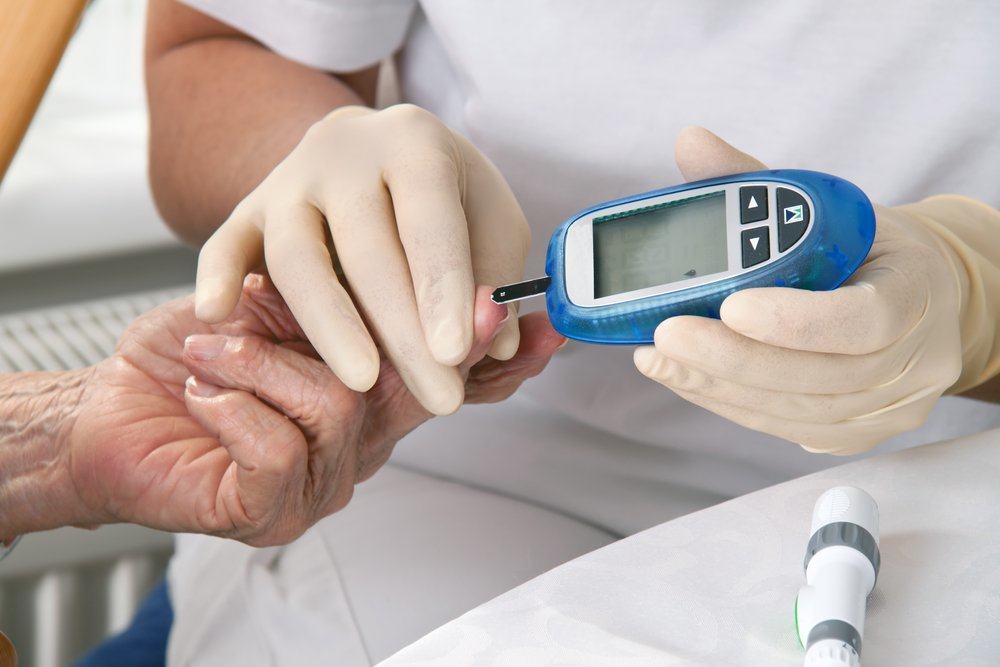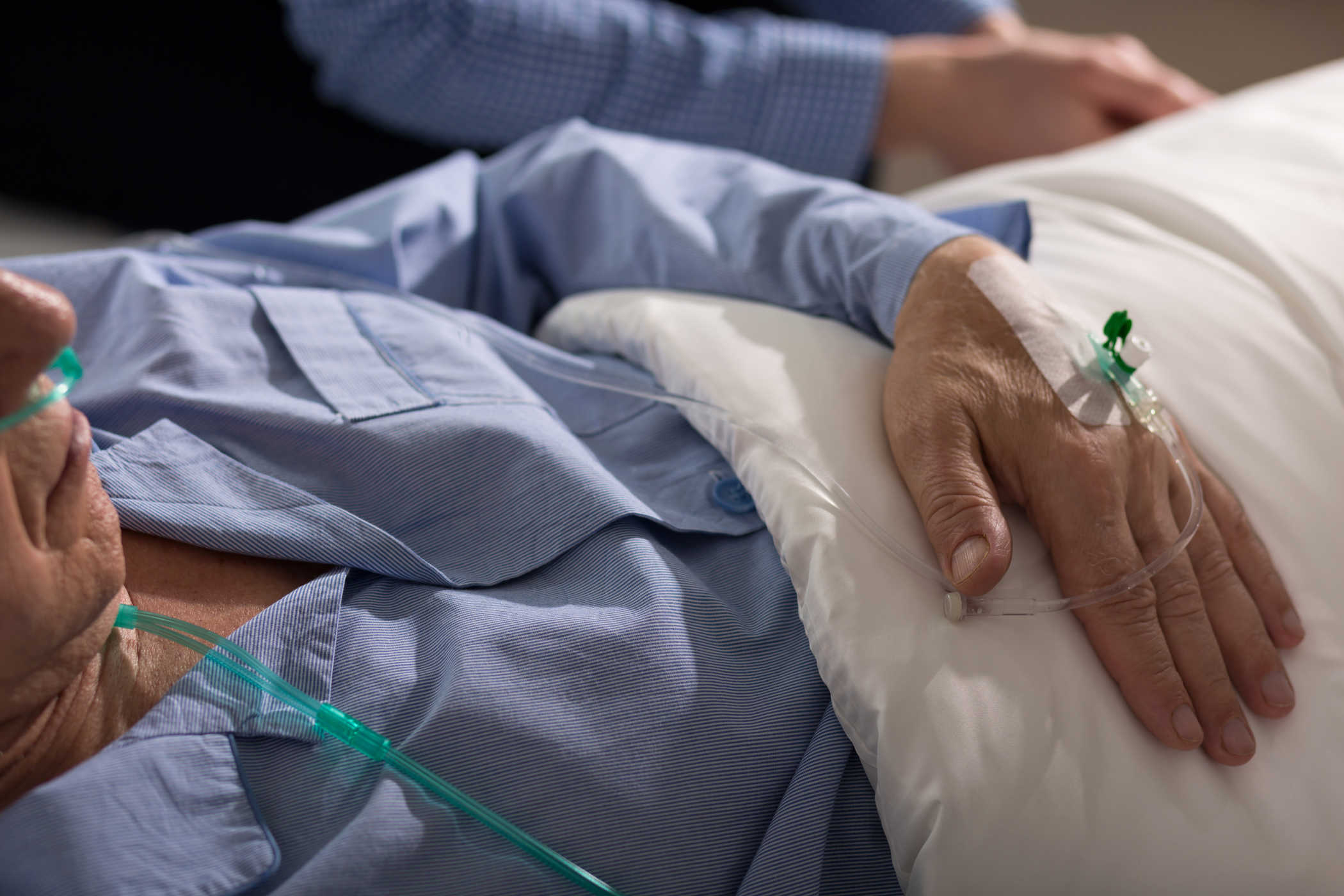Contents:
- Medical Video: 3 Different Types of Hearing Loss | Ear Problems
- Taking too much medication can cause hearing loss
- What types of drugs can make hearing loss?
- Painkillers
- Antibiotics
- Diuretic drug
- Chemotherapy drugs
- Avoid hearing loss due to the use of drugs
Medical Video: 3 Different Types of Hearing Loss | Ear Problems
It is estimated that as many as 360 million people in the world experience hearing loss. This number also includes those who are still young. The most common cause of early hearing loss is listening to music at high volume using a headset. However, tDo you know that hearing loss can also be caused by careless drug use? Yes, some types of drugs can cause hearing problems to deafness. So, what types of drugs can cause this?
Taking too much medication can cause hearing loss
There are certain drugs that can make your ears damaged and ultimately interfere with the ability to hear. Usually, the initial symptoms experienced when a person experiences hearing loss due to drugs is the appearance of a ringing sound, vertigo arises, and over time the ability to hear will be lost or deaf.
These drugs have a direct effect on the organs in the ear that function to receive and process sounds which will then be sent to the brain for translation. In the medical field, drugs that cause hearing loss are called ototoxicity drugs. These side effects will actually appear depending on several factors such as:
- Dosage of drug use
- Duration of drug use
- Compliance with drug use
In some cases, hearing loss will disappear after you stop taking these drugs. However, hearing problems can also occur permanently and cannot be cured.
What types of drugs can make hearing loss?
According to the American Speech-Language-Hearing Association, there are at least 200 types of over-the-counter and prescription drugs that can cause loss of hearing ability. So, what are the types of drugs?
Painkillers
Maybe this type of drug often you drink when attacked by pain or pain in parts of the body. Yes, experts have stated that painkillers such as aspirin, ibuprofen, naproxen, and diclofenac can affect your hearing function.
Actually, all drugs are safe to consume when you are sick. However, careless and inappropriate use will have a negative impact on your hearing. Reporting from WebMD, aspirin use as much as 8-12 tablets per day will be at high risk of causing hearing loss ability.
Antibiotics
When you have a bacterial infection, doctors will usually prescribe antibiotics to treat your health problems. However, be careful, do not let you take antibiotics when you are not having an infection due to bacteria or take this medicine not according to the rules. For example, the medicine that should be taken until it is finished, is not done or you should have stopped taking antibiotics, but you continue to take the medicine without the doctor's knowledge.
Such things will increase the risk of hearing loss. Types of antibiotics that have been shown to have this effect are aminoglycoside, vancomycin, erythromycin, and streptomycin. Most cases, hearing problems due to antibiotic drugs are people with kidney disease or people who have a history of ear health problems.
Diuretic drug
This diuretic drug is usually given to people who have problems with kidney function, hypertension, and heart disease. The types of diuretic drugs that have an impact on hearing are furosemide (Lasix), bumetanide, and ethacrynic acid.
The use of large doses of diuretic drugs in the long term can damage the inside of the ear, which then causes hearing ability to decline until it cannot hear.
Chemotherapy drugs
Chemotherapy drugs are designed to kill cancer cells that are developing, and this includes normal cells. Therefore, patients with cancer will usually experience long-term side effects, namely hearing loss.
Usually, chemotherapy drugs that directly cause this occur namely cisplatin, cyclophosphamide, bleomycin, and carboplatin. Hearing loss due to chemotherapy drugs, most will occur permanently or cannot return to normal. However, of course each patient will be different. Therefore, you should consult a doctor if you experience hearing problems after chemotherapy.
Avoid hearing loss due to the use of drugs
Actually, there is no way that can be done to prevent this ototoxicity, especially if you experience this due to cancer treatment. However, there are a number of things you can do to reduce the risk of these hearing problems:
- Know what medication you are taking. Make sure that you know what type of medication your doctor is giving you, find out the side effects, uses, and the impact of overdose. Ask clearly the doctor who handles you.
- Keep abiding by the recommended use of drugs. Observe all doctor's recommendations when you use these drugs. Even though you may sometimes feel that the symptoms of your illness are getting worse, never add your own dose without your doctor's approval.
- Consult your doctor if there are other alternative medicines. Discuss with your doctor, what symptoms you experience and previous medical history. This will affect the choice of medication for you. Usually, the doctor will find alternative medicines if you have a certain history and are at risk of hearing loss.













